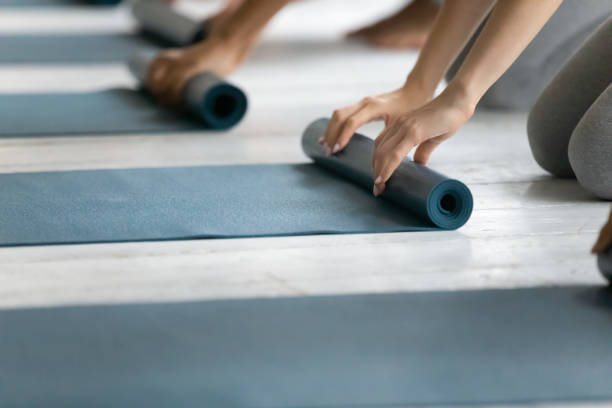
Clinical Pilates and Reformer Pilates are a form of exercise designed to provide a therapeutic workout. These exercises are often used in postoperative rehabilitation, or for strengthening muscles that are weak due to an injury. They are effective in relieving pain, increasing muscle strength and improving flexibility.
Clinical and reformer pilates are low impact, safe forms of exercise that can be performed by anyone, regardless of age, ability or fitness level. Physiotherapists or exercise physiologists teach the classes and develop customized programs based on a person’s goals and physical status.
The benefits of clinical pilates include improved posture, muscle and core strength, and increased flexibility. It also increases pelvic floor strength and stability, and improves breathing control. In addition to being a great way to reduce chronic back pain, it is also used for a variety of other injuries and illnesses.
If you are recovering from an injury or illness, a clinical pilates Noosa program can help you return to an active lifestyle, while helping you to recover quickly. In fact, studies have shown that patients who incorporate clinical pilates into their recovery can decrease the incidence of re-injury and increase their flexibility. This is especially helpful if you have had a sports-related injury.
Reformer Pilates is a more versatile version of Pilates, which allows for more challenging movements. Classes are conducted using a machine that provides an alternate amount of resistance, allowing for full range of motion in all areas. Depending on your goals, a reformer program can be created for standing, sitting or lying down.
In addition, reformer pilates Noosa helps to correct movement patterns, providing additional support to those with limited mobility. For example, it is common for people with poor flexibility to have problems with sitting for long periods of time, such as watching cell phone videos. When you are more flexible, you have a greater range of motion, which can lower the risk of injury.
Clinical and reformer pilates both have a strong focus on posture. This improves overall health, as well as the quality of your sleep. Proper posture also reduces stress on the spine and neck, and reduces headaches. Practicing good posture will allow you to enjoy a healthier, more productive life.
In addition to the physical benefits, reformer and clinical pilates are also effective in reducing stress and tension in the body, which can lead to headaches, scoliosis, depression, and anxiety. Additionally, exercise produces hormones such as endorphins, which help to put your mind at ease.
Regardless of your age or ability, both types of pilates are easy to learn. Those who are new to Pilates can start with mat-based exercises. Once they are comfortable with the basics, a physiotherapist can introduce them to reformer pilates. With reformer pilates, you can use your body’s own weight as resistance, and springs on the apparatus can provide extra support.
Although many people do not think of pilates as a form of rehabilitation, it is a useful exercise for improving strength, flexibility, and balance. In the case of an injury, a qualified physiotherapist can develop a plan to treat the injury.




